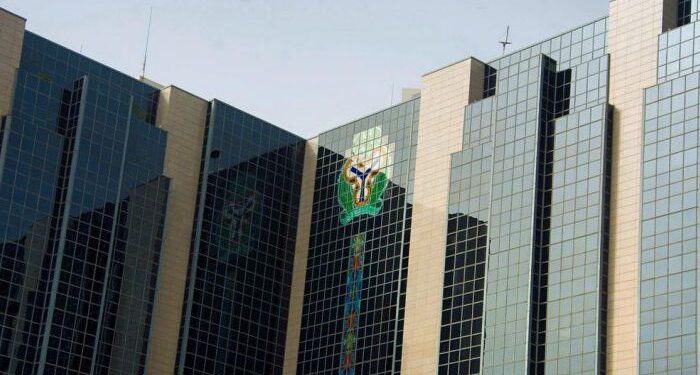Nigeria’s business environment is being severely hampered by chronic power shortages and escalating insecurity, according to the latest Business Expectations Survey (BES) released by the Central Bank of Nigeria (CBN). These deficiencies are eroding business stability, constraining profitability, and threatening growth across key sectors.
The survey, conducted in early October 2025 among approximately 1,900 enterprises in industry, services, and agriculture, revealed that firms ranked insecurity as the primary operational constraint, scoring 71.8 on the CBN’s constraint index. Insufficient power supply followed closely with a score of 70.9, ahead of high and multiple taxation (70.2), high interest rates (68.4), and financial difficulties (65.6).

According to the CBN’s summary of the survey findings, businesses continue to be confronted with an environment where erratic electricity supply and rising security threats are among the most direct factors undermining operational viability. The report noted that respondents identified insecurity and insufficient power supply as top business constraints in October 2025, highlighting issues that directly impact stability and profitability.
The implications of these constraints are considerable. For many firms, the cost of maintaining alternative power sources—such as diesel generators—is rising, while insecurity drives up risk premiums, insurance costs, and investment hesitancy. The twin burdens of unstable power and threats from vandalism, theft, kidnappings, or attacks on supply chains are pushing many businesses to operate under constrained productivity and shrinking margins.
In the energy sector, the survey underscores that inadequate electricity remains a crucial barrier. Despite policy initiatives to boost generation and reform the sector, many businesses say they still endure frequent outages and rely heavily on self-generation. Such power instability imposes high operational costs, particularly on manufacturing and export-oriented firms. Meanwhile, insecurity is manifesting in various forms across Nigeria—ranging from infrastructure damage to logistics disruptions and workforce dislocations—further complicating business planning. Rising insecurity is diverting firms’ resources towards protective measures and reducing investment appetite.
While the findings reflect persistent structural problems, there were glimmers of optimism. The CBN noted that businesses remained moderately confident about the medium-term outlook, with the Business Confidence Index (BCI) rising to 38.5 in October from 31.5 in September. Firms expected business activity to improve, with the index projected at 45.6 for November and above 52 for the next three to six months. Nevertheless, analysts caution that confidence alone will not translate into growth unless underlying constraints are addressed.
Experts say that the intertwining of power and security challenges has a cumulative effect on profitability. A manufacturing executive noted that frequent power disruptions force firms to rely on costly generator fuel, while the added burden of security expenditures or supply-chain risk reduces investment in expansion or innovation. They emphasised that such cost pressures erode margins, reduce competitiveness, and limit long-term growth potential.
From a policy perspective, industry stakeholders and the CBN agree that concerted action is needed. On the power front, accelerated infrastructure investment, improved maintenance, increased independent power project participation, and expanded grid coverage remain critical. On security, the private sector urges enhanced protection of infrastructure, supply-chain resilience, and coordinated government responses to threats facing commercial hubs.
The CBN survey serves as a wake-up call for policymakers seeking to promote economic diversification and attract investment. The apex bank’s report suggests that businesses are currently navigating a higher-risk environment, where operational stability and security of energy supply have become foundational to profitability. Without tackling these structural constraints, Nigeria’s ambition to foster private-sector-led growth and job creation may be undermined.
For businesses, the survey highlights the importance of resilience and adaptability. Firms that invest in alternative power arrangements, robust security protocols, and cost-efficiency strategies are better positioned to endure the challenging environment. However, the cost of such strategies remains high, particularly for small and medium enterprises (SMEs) with limited capital buffers.
In conclusion, the CBN’s latest Business Expectations Survey shows that inadequate power supply and insecurity remain the twin barriers to business stability and profits in Nigeria. While firms express improved confidence, translating that into sustainable growth will depend on concerted efforts from government, regulators, and the private sector to address infrastructural shortfalls and security risks. Failure to do so risks hindering profitability, impeding expansion, and discouraging new investment in Nigeria’s commercial landscape.
Support InfoStride News' Credible Journalism: Only credible journalism can guarantee a fair, accountable and transparent society, including democracy and government. It involves a lot of efforts and money. We need your support. Click here to Donate
